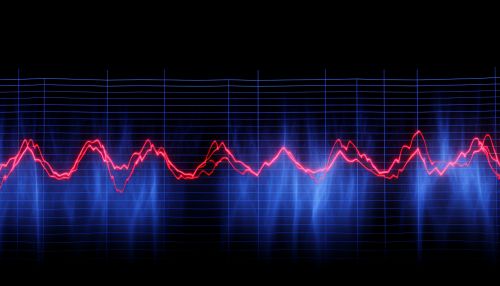Long QT syndrome
Overview
Long QT syndrome (LQTS) is a rare inherited or acquired heart condition characterized by prolonged QT intervals on an electrocardiogram (ECG). The syndrome can lead to life-threatening arrhythmias, such as Torsades de pointes, which can result in syncope, seizures, or sudden death.


Pathophysiology
The pathophysiology of LQTS involves abnormalities in the ion channels of the heart's cells. These channels play a crucial role in the cardiac action potential, which is the electrical signal that triggers the heart's contractions. In LQTS, these ion channels malfunction, leading to a delay in the repolarization phase of the action potential and thus a prolonged QT interval on the ECG.
Genetics
LQTS is often inherited in an Autosomal dominant manner, although Autosomal recessive forms also exist. The syndrome is genetically heterogeneous, with at least 15 different LQTS genes identified to date. These genes encode various components of the cardiac ion channels, and mutations in these genes can disrupt the normal function of these channels.
Clinical Presentation
Patients with LQTS often present with symptoms such as syncope, seizures, or even sudden cardiac death. These symptoms typically occur during physical exertion or emotional stress, although they can also occur at rest or during sleep. Some patients, however, remain asymptomatic throughout their lives.
Diagnosis
Diagnosis of LQTS is typically based on clinical criteria, including the patient's symptoms, family history, and the results of an ECG. Genetic testing can also be used to confirm the diagnosis and to identify the specific gene mutation involved.
Treatment
Treatment of LQTS typically involves lifestyle modifications, medications, and in some cases, surgical interventions. The goal of treatment is to prevent the occurrence of life-threatening arrhythmias and to manage the patient's symptoms.
Prognosis
The prognosis for patients with LQTS varies depending on the severity of the condition and the effectiveness of treatment. With appropriate management, however, many patients can lead normal lives.
